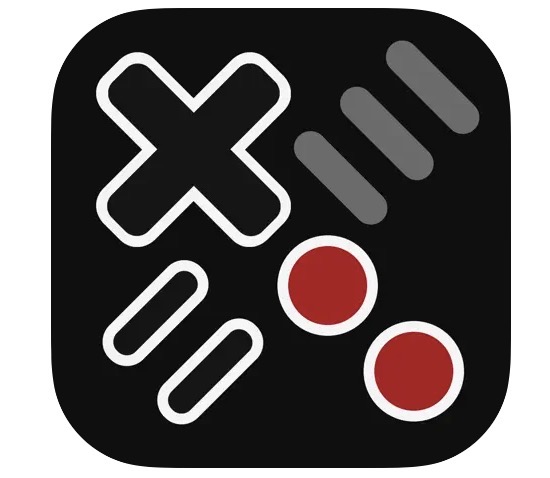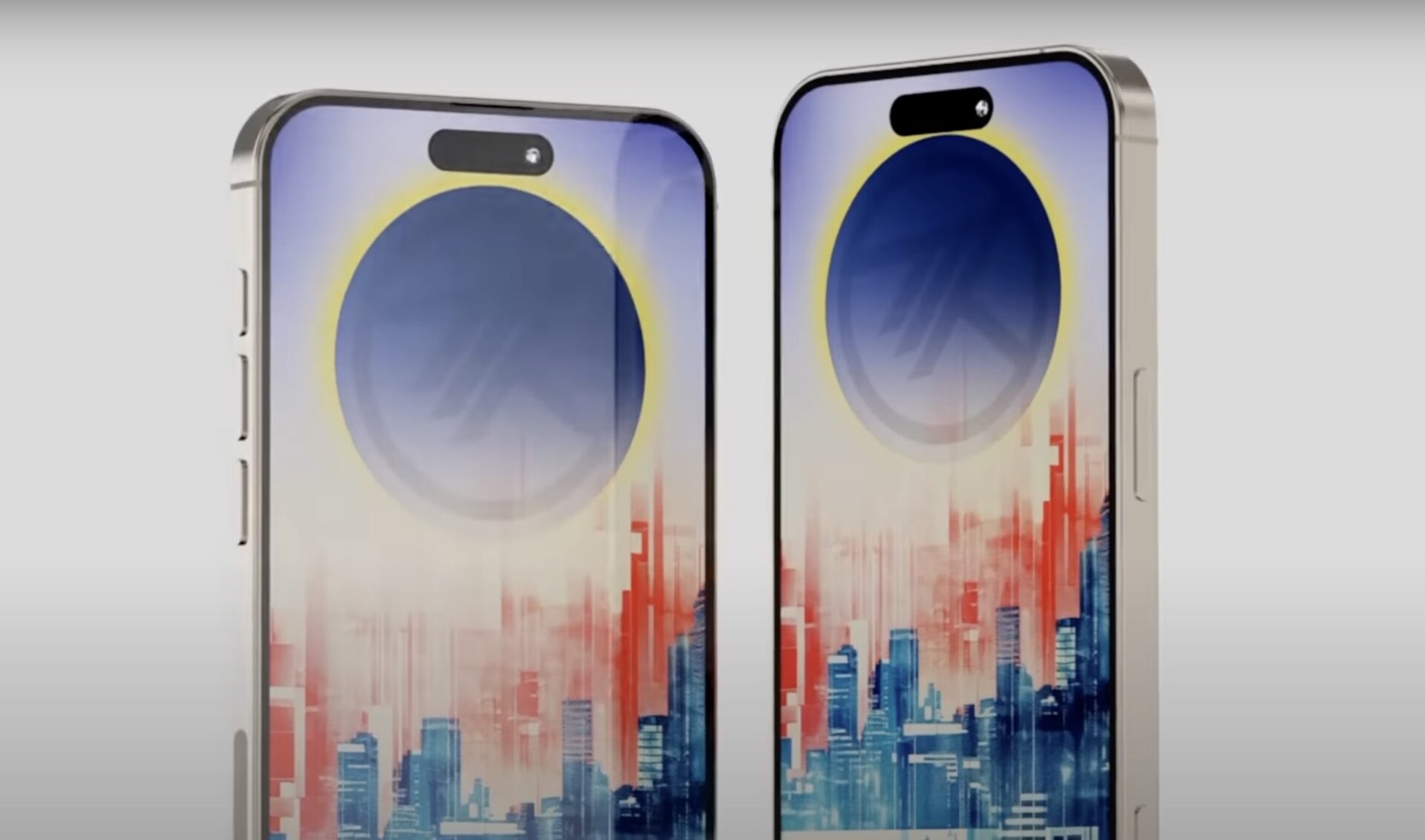
Google’s New JPEG Algorithm Reduces File Size by 35%
According to a report by ArsTechnica, Google has developed a new open-source JPEG algorithm that reduces the file size by about 35%. Using the new algorithm, which is based on human psychovisual system, the image quality can be significantly improved while keeping file size constant. Best of all, Google’s new JPEGs are completely compatible with existing browsers, devices and photo editing apps.

Called Guetzli, Google’s new JPEG encoder focuses on the “quantization” stage of compression, which is basically a process that tries to reduce a large amount of disordered data, which is hard to compress, into ordered data, which is much easier to compress.
In JPEG encoding, the most difficult part is finding the right balance between removing detail, and keeping the file size down. Google says Guetzli uses a new psychovisual model called “Butteraugli”, to work out which colours and details to keep and which to throw away.
“Psychovisual” in this case means it’s based on the human visual processing system. The exact details of Butteraugli are buried within hundreds of high-precision constants, which produce a model that “approximates colour perception and visual masking in a more thorough and detailed way” than other encoders.
While the primary use case of Guetzli will be reducing file size, Google Research reckons it can also be used to increase the perceived quality of JPEGs while keeping the file size the same. When comparing Guetzli-encoded images against libjpeg (a popular open-source encoder), “75 percent of ratings are in favour of Guetzli.
Guetzli is freely available to download from Github. You can grab it at this link.

